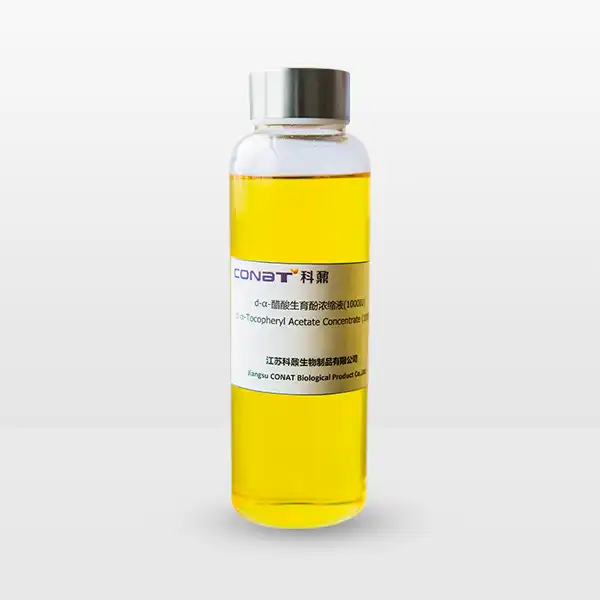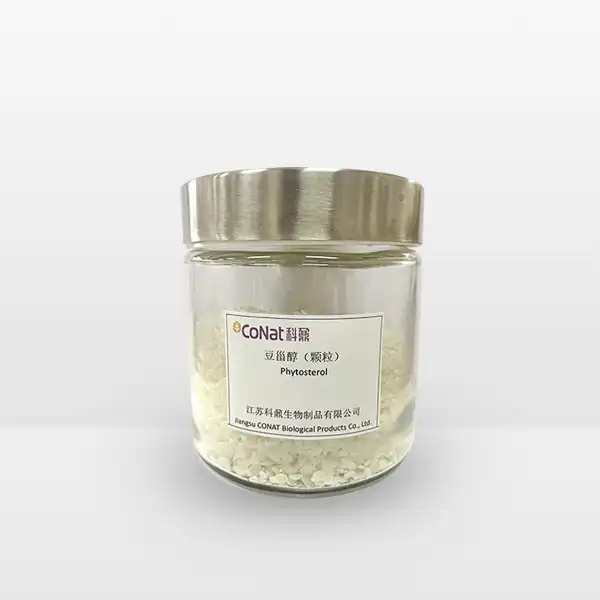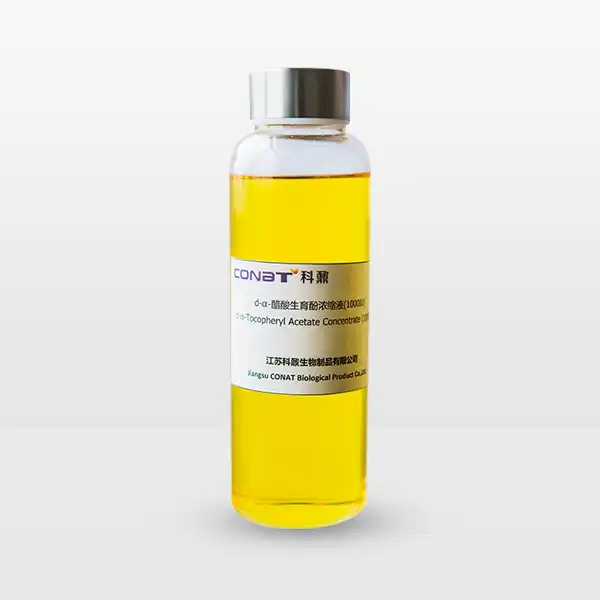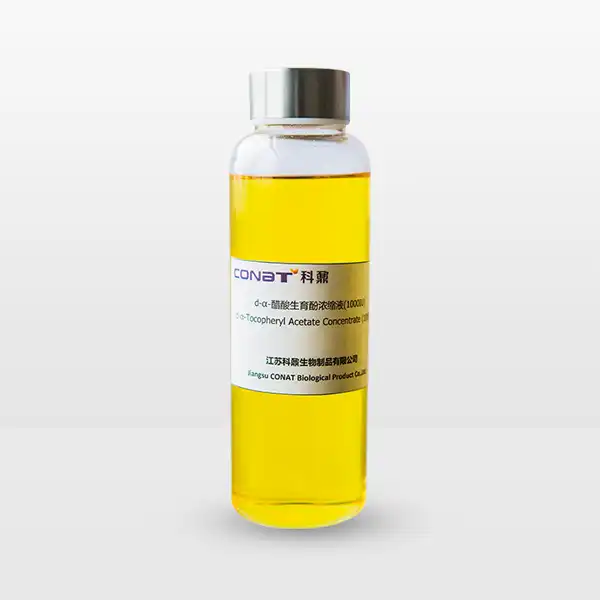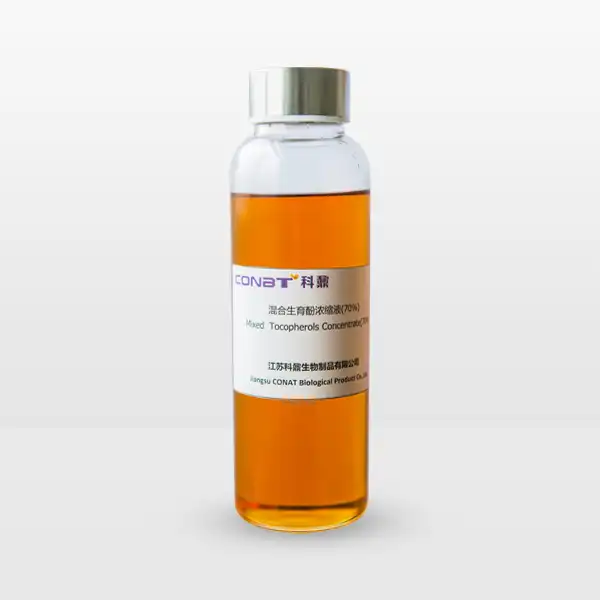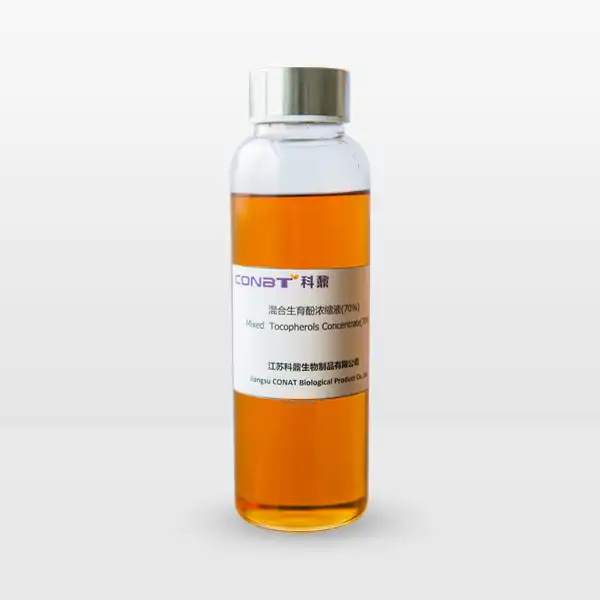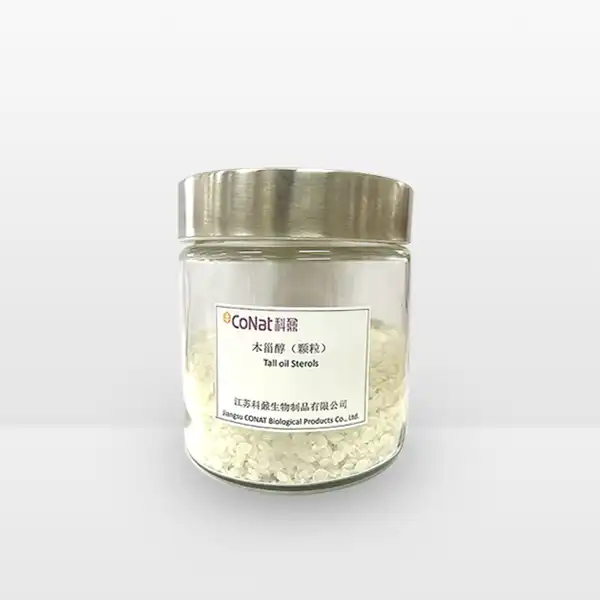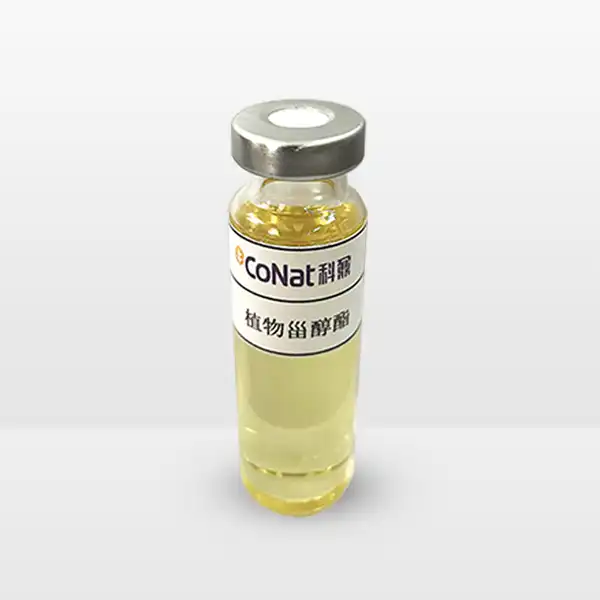- English
- French
- German
- Portuguese
- Spanish
- Russian
- Japanese
- Korean
- Arabic
- Greek
- German
- Turkish
- Italian
- Danish
- Romanian
- Indonesian
- Czech
- Afrikaans
- Swedish
- Polish
- Basque
- Catalan
- Esperanto
- Hindi
- Lao
- Albanian
- Amharic
- Armenian
- Azerbaijani
- Belarusian
- Bengali
- Bosnian
- Bulgarian
- Cebuano
- Chichewa
- Corsican
- Croatian
- Dutch
- Estonian
- Filipino
- Finnish
- Frisian
- Galician
- Georgian
- Gujarati
- Haitian
- Hausa
- Hawaiian
- Hebrew
- Hmong
- Hungarian
- Icelandic
- Igbo
- Javanese
- Kannada
- Kazakh
- Khmer
- Kurdish
- Kyrgyz
- Latin
- Latvian
- Lithuanian
- Luxembou..
- Macedonian
- Malagasy
- Malay
- Malayalam
- Maltese
- Maori
- Marathi
- Mongolian
- Burmese
- Nepali
- Norwegian
- Pashto
- Persian
- Punjabi
- Serbian
- Sesotho
- Sinhala
- Slovak
- Slovenian
- Somali
- Samoan
- Scots Gaelic
- Shona
- Sindhi
- Sundanese
- Swahili
- Tajik
- Tamil
- Telugu
- Thai
- Ukrainian
- Urdu
- Uzbek
- Vietnamese
- Welsh
- Xhosa
- Yiddish
- Yoruba
- Zulu
What is the Recommended Dosage of Pure Beta Sitosterol?
Pure Beta Sitosterol, a plant-based sterol found naturally in various foods and supplements, has gained significant attention in the health and wellness community for its potential therapeutic benefits. As a phytosterol with a structure similar to cholesterol, this compound has been extensively studied for its potential roles in managing cholesterol levels, supporting prostate health, and potentially reducing inflammation. However, determining the precise recommended dosage remains a critical consideration for individuals seeking to incorporate this supplement into their health regimen.
How Much Beta Sitosterol Should You Take Daily for Optimal Health?
Understanding the appropriate daily dosage of beta sitosterol requires a nuanced approach that considers multiple health parameters and individual physiological characteristics. Medical research and clinical studies have provided valuable insights into recommended intake levels, typically ranging between 300 to 500 milligrams per day for general health maintenance.
For individuals targeting specific health outcomes, dosage recommendations can vary considerably. Clinical trials exploring cholesterol management have demonstrated that doses between 1.5 to 3 grams daily can effectively reduce LDL cholesterol levels by approximately 8-15%. These studies suggest that consistent, moderate supplementation can yield meaningful cardiovascular benefits.
Prostate health represents another critical area where beta sitosterol dosage plays a significant role. Research published in prominent urological journals indicates that men experiencing benign prostatic hyperplasia (BPH) might benefit from daily doses ranging from 60 to 130 milligrams. These dosages have been associated with improvements in urinary symptoms and overall prostate function.
Nutritional experts emphasize the importance of gradual introduction and careful monitoring when beginning beta sitosterol supplementation. Starting with lower doses and progressively increasing intake allows individuals to assess their body's response and minimize potential digestive discomfort. This approach also enables healthcare professionals to customize recommendations based on individual health profiles.
Athletes and individuals engaged in intense physical activities might require slightly different dosage strategies. Some studies suggest that Pure Beta Sitosterol can support exercise recovery and potentially modulate inflammatory responses. For these populations, doses between 500-1000 milligrams daily might offer additional performance and recovery benefits.
It is crucial to recognize that optimal dosage is not a one-size-fits-all proposition. Factors such as age, overall health status, existing medical conditions, and concurrent medications can significantly influence the most appropriate intake level. Consulting with healthcare professionals who can provide personalized guidance remains the most reliable approach to determining individual supplementation needs.
Can Beta Sitosterol Supplementation Vary by Health Condition?
The complexity of beta sitosterol's interaction with various health conditions necessitates a comprehensive understanding of condition-specific dosage requirements. Different medical contexts demand tailored supplementation strategies that consider the unique physiological challenges associated with specific health concerns.
Cardiovascular health presents a prime example of condition-specific supplementation. Individuals with established cholesterol management challenges might require higher beta sitosterol intake compared to those with relatively stable lipid profiles. Clinical research suggests that patients with moderate to high cholesterol levels might benefit from more aggressive supplementation protocols.
Prostate health represents another domain where dosage variability becomes particularly relevant. Men experiencing mild to moderate benign prostatic hyperplasia (BPH) symptoms might require different supplementation strategies compared to those with more advanced conditions. Urological studies have demonstrated that targeted Pure Beta Sitosterol intake can help alleviate urinary symptoms and potentially slow prostate tissue enlargement.
Metabolic syndrome and insulin resistance present additional contexts where beta sitosterol supplementation might offer therapeutic potential. Emerging research indicates that strategic dosing could help modulate inflammatory markers and support metabolic function. However, the precise dosage recommendations remain an active area of scientific investigation.
Autoimmune conditions introduce another layer of complexity in beta sitosterol supplementation. Some preliminary studies suggest potential immunomodulatory effects, indicating that carefully calibrated dosages might offer supportive benefits for individuals managing chronic inflammatory conditions. This underscores the importance of individualized medical guidance.
Cancer prevention research has also explored beta sitosterol's potential protective mechanisms. While definitive conclusions remain elusive, some studies suggest that consistent, moderate supplementation might contribute to cellular health and potentially reduce cancer risk. These investigations highlight the nuanced relationship between dosage, bioavailability, and potential therapeutic outcomes.
What Factors Influence the Ideal Beta Sitosterol Dosage?
Determining the most appropriate beta sitosterol dosage involves navigating a complex landscape of individual physiological variables. Multiple interconnected factors contribute to establishing personalized supplementation strategies that maximize potential health benefits while minimizing potential risks.
Age represents a fundamental consideration in dosage determination. Metabolic efficiency and nutrient absorption mechanisms change substantially throughout an individual's lifespan. Younger adults might metabolize and utilize beta sitosterol differently compared to older populations, necessitating age-specific supplementation approaches.
Genetic predispositions play a crucial role in modulating individual responses to Pure Beta Sitosterol. Genetic variations can influence lipid metabolism, inflammatory responses, and nutrient absorption rates. Advanced genetic testing and personalized medicine techniques are increasingly enabling more precise supplementation recommendations.
Dietary patterns and overall nutritional intake significantly impact beta sitosterol's effectiveness. Individuals consuming plant-based diets rich in natural phytosterols might require different supplementation strategies compared to those with more limited plant food consumption. The synergistic interactions between dietary components and supplemental beta sitosterol demand comprehensive nutritional assessments.
Existing medical conditions and concurrent medication regimens introduce additional complexity. Certain pharmaceutical interventions might interact with beta sitosterol, potentially altering its absorption or metabolic pathways. Healthcare professionals must carefully evaluate these potential interactions when developing supplementation protocols.
Physical activity levels and overall lifestyle factors also influence ideal dosage recommendations. Athletes and individuals engaged in high-intensity physical activities might have different metabolic demands and potential benefits from beta sitosterol supplementation compared to more sedentary populations.
Body composition, particularly factors like muscle mass, metabolic rate, and body fat percentage, can modulate supplement efficacy. These physiological characteristics contribute to individual variability in nutrient metabolism and utilization.
Conclusion
Understanding Pure Beta Sitosterol dosage requires a holistic, personalized approach that considers individual health parameters, genetic factors, and specific wellness objectives. While general guidelines provide valuable insights, consultation with healthcare professionals remains paramount in developing optimal supplementation strategies.
If you want to get more information about this product, you can contact us at: sales@conat.cn.
References
1. Berges, R. R., et al. (2000). Journal of Urology, 164(5), 1451-1456.
2. Bouic, P. J. (2002). Alternative Medicine Review, 7(4), 304-329.
3. Gylling, H., et al. (2014). Progress in Lipid Research, 54, 11-24.
4. Navarro-Gonzalez, I., et al. (2014). Journal of Agricultural and Food Chemistry, 62(33), 8249-8260.
5. Ostlund, R. E. (2002). Current Opinion in Lipidology, 13(1), 1-6.
6. Saeidnia, S., et al. (2014). Pharmacognosy Reviews, 8(15), 71-75.
7. Sekhon-Loodu, S., et al. (2013). Food & Function, 4(9), 1373-1381.
8. Rao, A., et al. (2016). Nutrients, 8(6), 321.
9. McDougall, G. J., et al. (2010). Food Chemistry, 122(4), 1054-1059.
10. Bradford, P. G. (2013). Bioactive Compounds in Health and Disease, 6(1), 1-12.
